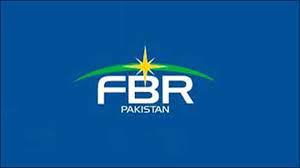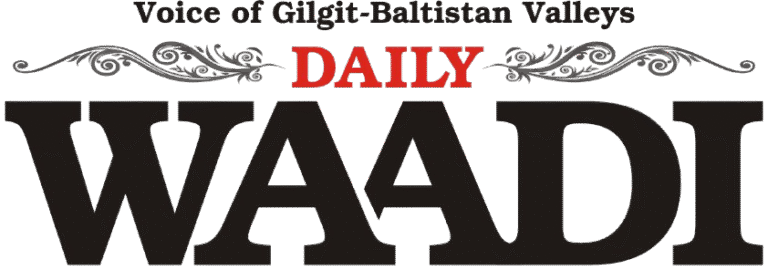ISLAMABAD:The Pakistan Customs Group on Wednesday moved a resolution, seeking evidence of profiling the tax officers between corrupt and honest, and agreed to take a legal course against Prime Minister Shehbaz’s move to purge the Federal Board of Revenue (FBR) of compromised officers.
The Association of Custom officers moved the resolution for the voting of its members before taking the matter to the highest level, according to sources.
Once approved within 24 hours by the majority of votes, the group plans to exert pressure on the government for the action that garnered appreciation for the premier but exposed two of the top civil service groups to the public scrutiny.
The prime minister last week removed 25 officers of the FBR serving in grade 21 and 22 from their positions due to adverse reports against them by three premier intelligence agencies. Out of these 25 officers, 11 belonged to the Customs Service and 14 were from the Inland Revenue Service.
Prime Minister Shehbaz had ordered the three intelligence agencies and the FBR top management to assess the top tier of the tax machinery on the basis of their financial integrity, competence and public dealing.
On the basis of the input from the intelligence agencies, the government divided the FBR officers serving in grade 20 to 22 in four categories.The clean and competent officers are being given the top positions of the members, chief commissioners and chief collectors.
Only category ‘A’ officers of good reputation and exceptional skills are to be given the FBR’s top managerial positions including the members of the board, chief commissioners, commissioners, chief collectors and collectors.
Category ‘B’ officers got relatively less important positions whereas category ‘C’ officers are sidelined.
Category ‘D’ officers of grade 21 and 22 were removed on Friday and placed in the administration pool of the FBR, rendering them without any positions.
Sources said the Customs officers were of the view that they were entitled to protections of due process enshrined in the Constitution and in the Civil Servants Act 1973.During a meeting, they argued that the profiling of officers by the government in different categories has been made without due process, in an arbitrary, and non-transparent manner.


